Blog
Tis the Season for Joy...and Stress

Most would agree that the holiday season intends to promote feelings of joy, goodwill, and peace. Somehow the inevitable mixture of stress, overeating, and long hours work their ingredients into the original blueprint. A time of beauty and good cheer ends up partnered with reduced function and performance. A heartbreaking holiday fact surfaces every holiday season. More heart attacks around on Christmas and New Year’s than any other says of the year. The Journal of Circulation states the highest number of annual cardiac deaths occur on Christmas Day, followed by December 26th and New Year’s Day.
Additional heart attack facts:
- Most heart attacks occur on Mondays (Christmas is on Monday in 2017)
- Most heart attacks begin during the early morning hours 4 a.m.-10 a.m. when blood platelets are stickier and increased adrenaline released from the adrenal glands can trigger a rupture of plaques in coronary arteries.
- Many heart attack survivors report that the attack itself registered as the first sign of coronary artery disease.
- Heart attacks risk increase by 27% around a person’s birthday, especially in women with high blood pressure.

The major majority of people will not suffer a heart attack this holiday season. But people owe it to themselves and their families to pay attention to the triggers that add more stress to December and January than any other time of year. Bank statements, bills, and weight gain rob these months of peace and tranquility and the accumulation of stress always proves destructive to the health of individuals and families. No plan exists to simply accomplish and end goal of lowering or eliminating stress. Tension, pressure, and anxiety go hand in hand with too many of life’s variables. The key to maintaining quality health around the holidays and all year long comes from focusing on the body’s ability to adapt. Bills do not just go away. A time and place does exist for indulging in delicious foods and drinks. People cannot prevent various forms of stress from ever occurring, but everyone possesses the ability to better manage the way their body reacts to those stressors.
Chiropractors take a unique approach to health, disease, and stress. Chiropractic concerns the process of strengthening the body to suit the environment rather than the other way around. Three simple, yet effective ways to increase the body’s ability to deal with and mitigate effects brought on by stress include:
- Sleep - Get at least seven to eight hours of sleep per night. Sleep produces vital off-setting effects to stress. Nothing substitutes for a lack of sleep. A key to getting adequate sleep begins with getting to bed on time. All organs and systems of the body slow down during rest except the nervous system. The nervous system stays on duty during sleep in order to promote healing and recovery.
- Water - Thirst triggers often feel like hunger pains. Water represents one of people’s most under consumed nutrients. Many thirsty people assume they are hungry and eat instead of simply drinking water to quell the urge. Overeating (and under-drinking water) increases the waistline and decreases the body’s ability to heal and adapt. Simply remember to consume half of your body weight in ounces of water every day. (i.e.- a 150lb person should drink 75 ounces of water per day). The second-best recommendation is to just drink more water considering it’s one of the most under-consumed nutrients.
- Chiropractic – Evidence proves that Chiropractic adjustments amplify the body’s ability to deal with stress. Heart rate variability indicates how well a person adapts to stress. Reduced heart rate variability directly links to several detrimental cardiovascular and non-cardiovascular conditions. An increase in heart rate variability proves to be a key component in improved health and longevity. A 2013 study from the Journal of Complementary and Alternative Medicine determined that a Chiropractic adjustment, particularly in the upper neck, improves heart rate variability.
Stress amplifies during the window of time from Thanksgiving through mid-January. Combining good sleep habits and increased water consumption with Chiropractic adjustments will balance the nervous system and help the body better adapt to stress. Return the holiday season to a time of joy and peace with Chiropractic care.
Journal of Alternative and Complementary medicine February 2013
“Suboccipital decompression enhances heart rate variability indices of cardiac control in healthy subjects.” PD Giles, KL Hensel, CF Pacchia, ML Smith
‹ Back
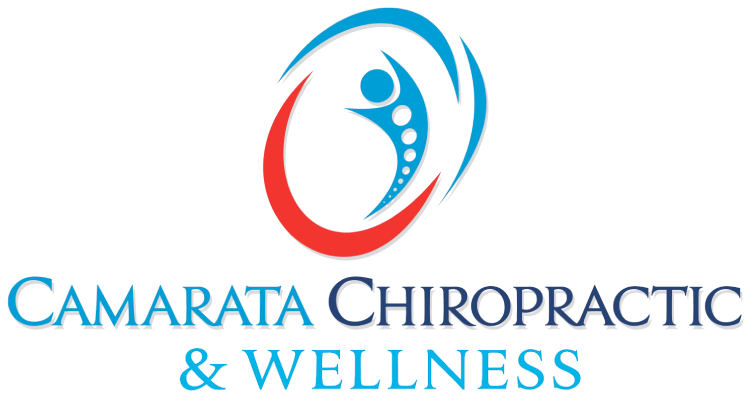

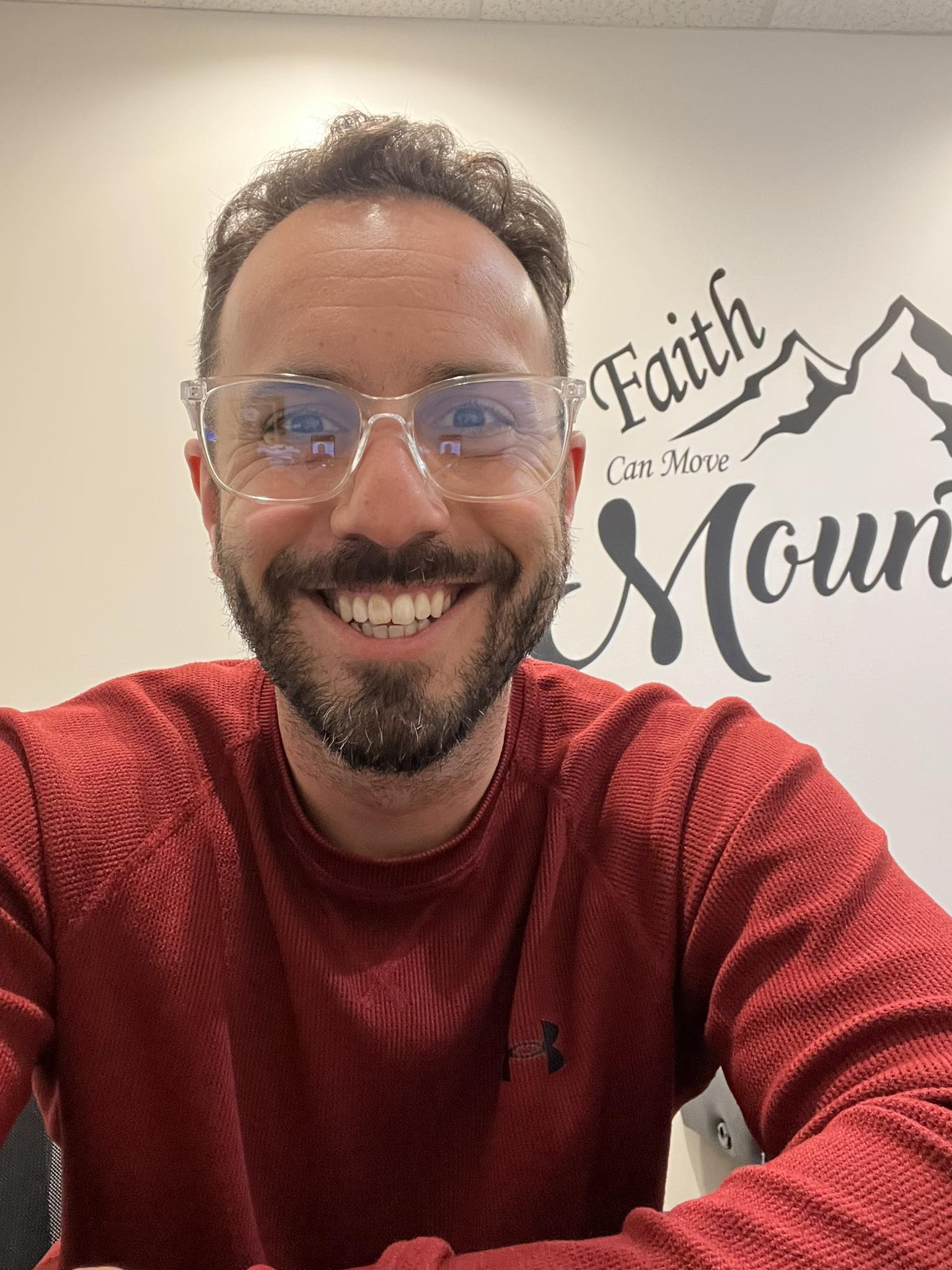
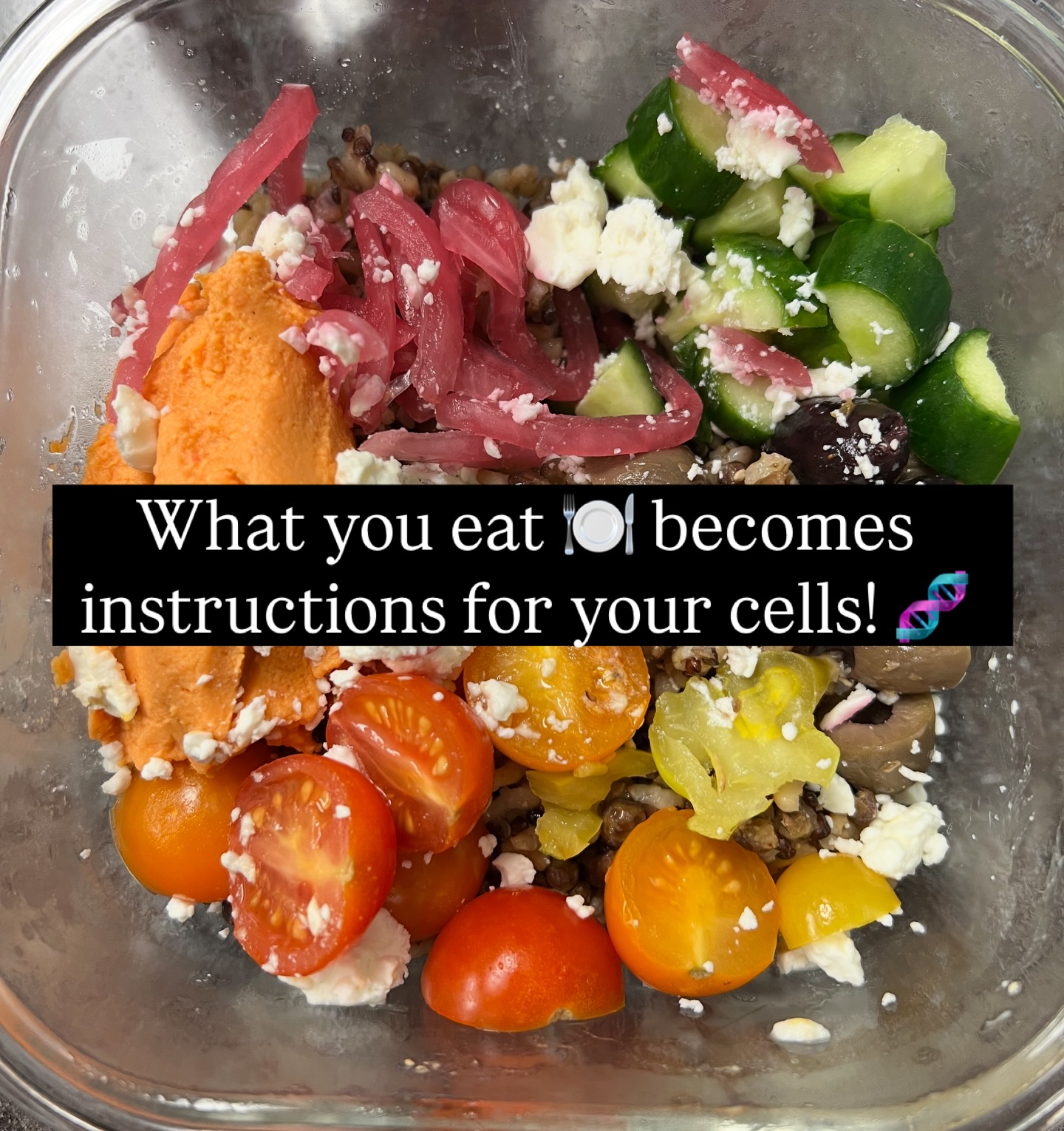

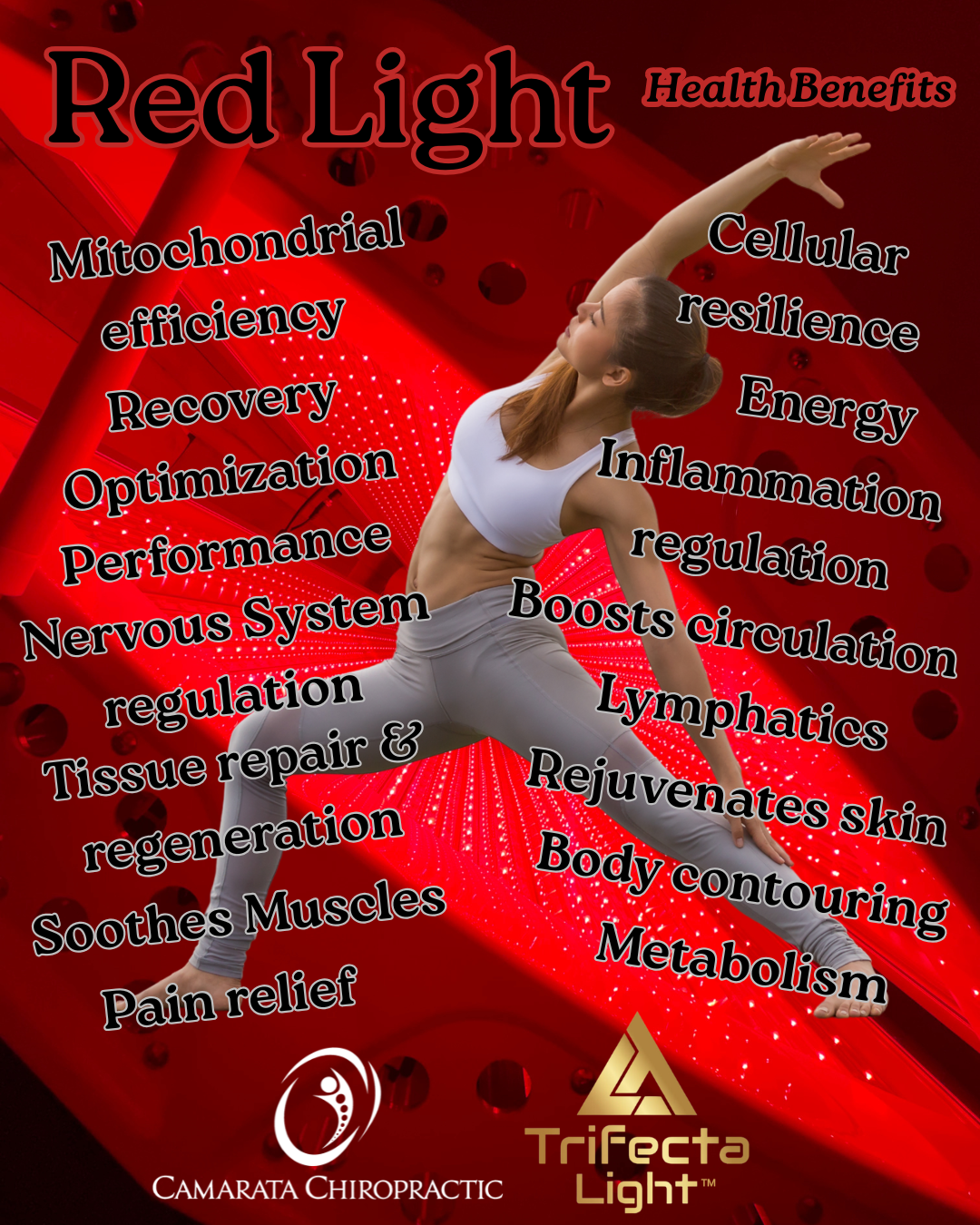





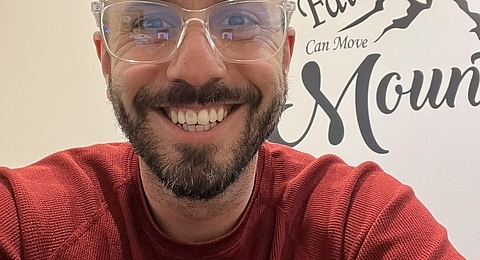
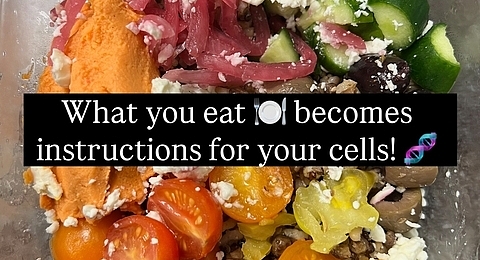

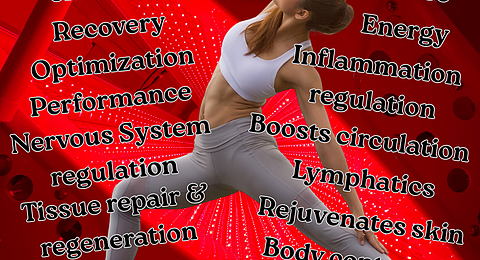
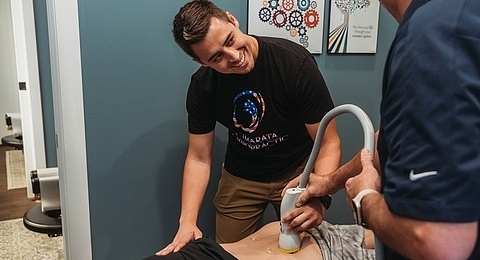

Comments